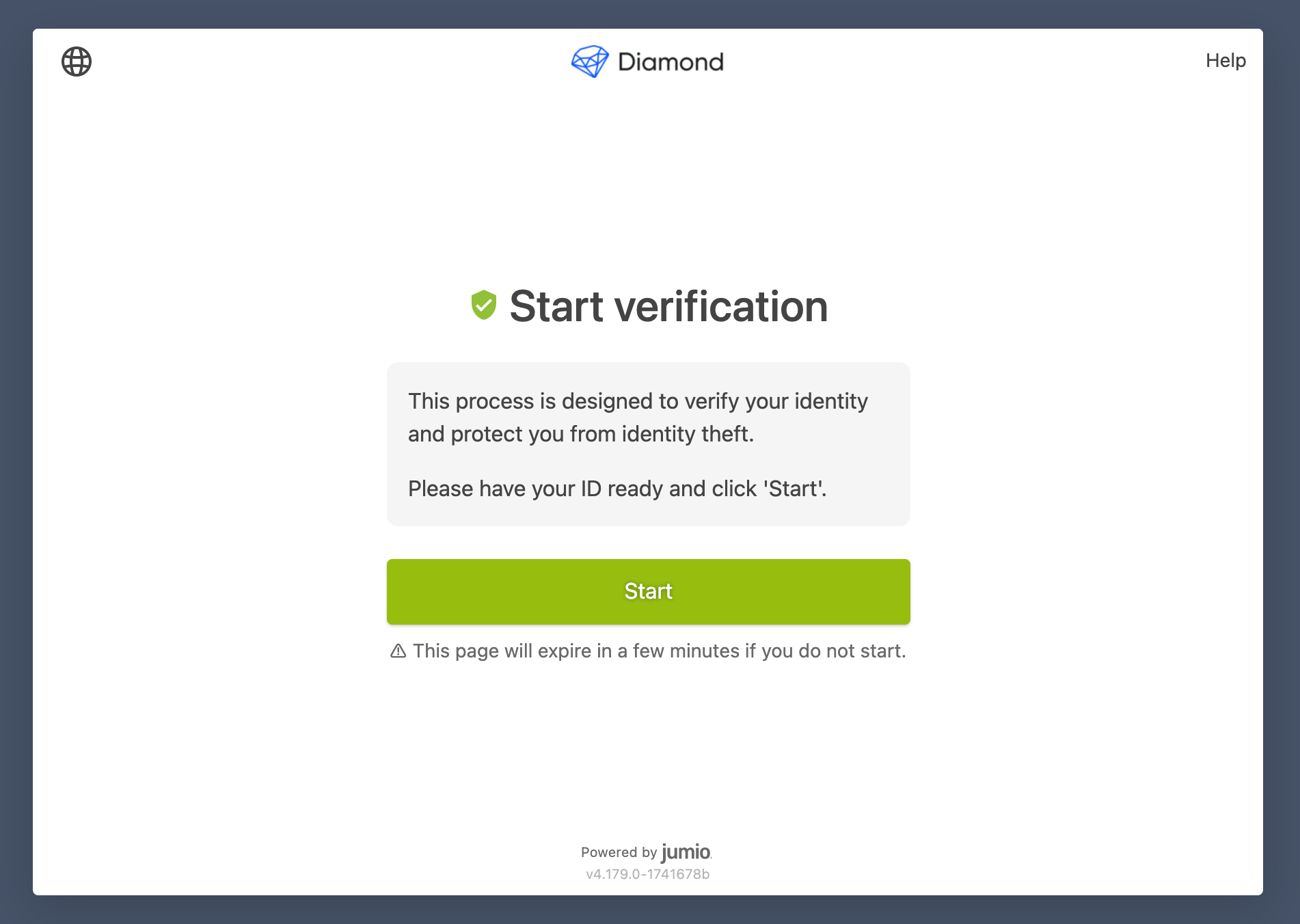(Photo by cottonbro from Pexels)
It's the third coming, web3, going by the jubilations from certain corners of the internet. It's all idealistic promises of the masses being freed from institutional oppression. People taking back their identities. Cats and dogs, living together in peace, all colours bright, neon and vibrant, community under a benevolent DAO... cyberpunk heaven, if I may.

And I am into it, sure. Sounds good. Except for the NFT art hype. I have even done some some smart contract tinkering, regularly buy some crypto, and I have a preferred L1(Solana).
But lately I've been in a foul mood. And as those with foul moods could attest, it often causes you to reconsider things that previously excited you. Get mean with them. You start pocking through the veneer of positivity, and start thinking about them more critically.
So with this post, I dropped my Rose-and-Vaynerchuk-tinted glasses for just a wee moment, and started wondering. What if the much touted benefits of web3 were actually not that?
To be clear, I'm not saying it's all bullshit - I am suggesting that perhaps some of the aspects of where we seem to be heading might need more careful consideration.
And warning; this is not a well thought-out and rigorously researched academic argument. This is the random musings of a guy who couldn't sleep at 3am. Bearing that in mind, let's explore...
The benefits of web3, deconstructed
Control of your identity
This is the most common, El Primo, benefit we often hear. In Web3 your identity(s) are essentially the wallet addresses used to interact with dapps.
Much of the enthusiasm around this is that, by using wallet addresses to interact with dapps, you're essentially provided unprecedented anonymity and privacy, because your personal data is not tied up with some giant data sucking organisation, and it can't be messed with by its nefarious admins and misguided "activist" insiders.
And it is said that no algorithms can helicopter around your personal business like an ever-present snooping gnat, because the only thing the dapp knows about you is the hashed public key wallet address you use to interact with it. You, as the wallet wielder, have complete and utter control over which dapps can access which other dapps and associate the data about you.
OK, but let's follow through on this thought. So your wallet becomes your login credentials and way to everything dear to you. 100% Controlled by you.
Only you decide when it can access your valuable data, when it can send crypto payments, and only you(via your wallet) can control the Ape-Punk pictures tied to it. Only you.
But it's really not you controlling things, is it? It's your wallet. Software, like MetaMask, that's installed on some sort of device you have. Devices that could fail or get stolen or get lost. Running on hard drives that could suddenly fail.
Do you see the problem here? You better write down your private key and seed phrase when you create that wallet, and store it in a secure safe, because if you lose it, you're fucked.
It seems we're now expected to enthusiastically skip into a future world where we tie our access to crucial accounts and personal data(and a large portion of our net worth!) to systems which don't even allow us to reset our passwords.
I'm sure some people are rolling their eyes at this suggestion, but let's be real here. The world consists of more than healthy 12-30 year old tech-savvy people who know exactly how to safely navigate the web3 landscape.
The world also consists of people who are old and out of touch, people who have mental disabilities, people who have had accidents or other forms of cognitive impairment, who can't read, do math or even comprehend what a blockchain is. People who also will be dragged along unwittingly into this coming web3 "utopia" by the sheer inertia of the torrent of VC funds enabling "disruption".
And those who are currently young and healthy and on top of things in the web3 world? They will one day get old too, and have trouble remembering and understanding things. They will click on the wrong things, delete things, and do all the funny things that youth sneer at.
It's more realistic to assume that most people will, without a doubt, lose their wallet secret keys and pass phrases at some point. And then they would have no way to undo that. None of their relatives would be able to help. Nor the government.
The blockchain won't care if you've suddenly developed Alzheimer's. Look, innovation is awesome, but we still need to be able to make mistakes and have a way to rectify them.
We cannot be advocating that large parts of the financial sector would/should be overhauled and replaced by the web3 paradigm in the future, without thinking about things that would inevitably go wrong in the process.
Having your entire identity and net worth invested in and tied to a wallet is to risk having a single point of failure which cannot be undone. This is terrifyingly short-sighted.
NFTs - Ownership of digital assets
So people are buying art on blockchains in the form of NFTs and are told they then own said art or assets, and have 100% control them.
Yeah but, no. Like the right-clickers love to point out, NFT holders don't own anything except an expensive database entry with meta data tag pointing to, at best, some sort of distributed storage system.
If you buy a song NFT do you have to get paid royalties if it's played on the radio?
— Jordi (@jordienr) December 16, 2021
The world outside doesn't care about your wallet having exclusive control over a token. What happens on the blockchain, stays on the blockchain.
No one will be obligated to pay you royalties if they use your NFT in public performances or print it on phone covers.
Unless governments suddenly decide to change laws, tying holding to tokens to copyright and property ownership rights, "your" art is fair game. Sorry.
Essentially, an NFT is just a transferable access key. It is not a legal deed of ownership.
Non-Fungible Transactions
Businesses love this aspect of blockchains. People who buy their thing can't suddenly call their credit card company and cancel the transaction after receiving goods. Payment providers cannot suddenly freeze accounts because they don't like what's being sold.
"Censorship resistant commerce!", someone shouts. Good for merchants, yes, but bad for consumers.
Blockchain transactions are, AFAIK, not reversible. If you made a mistake, entered the wrong amount, got hacked, or somehow got scammed, it's overs. Sorry sucker. You can go beg for it back, or go on a Tweet-storm, but not much more.
Any situation where all transactions are final and permanent is not that appealing to me.
Pay to play
Another benefit often touted is that web3 will be the death knell of ads. And we can all agree that advertising is destroying the world.
But I'm not so sure web3 will kill ads. In fact, I bet that ads will seep into blockchains soon enough, and perhaps be even more pervasive. Just because you pay for a product doesn't mean the seller won't try to squeeze out some extra revenue too.
Samsung stuffs ads on their premium TVs. Some of the most expensive phones are sneaking in ads on their operating systems. Do you really think web3 businesses won't try and optimise for revenue generation? With web3, where pretty much everyone is trying their utmost to do money-grabs? Ha.
Which brings me to my next point. With web3 you Pay. For. Everything.
Each click and each interaction that fires on a smart contract will incur a transaction cost. Because that's how blockchains block.
With web2, anyone could pop on Twitter, register and start tweeting and liking stuff for free. Even if you were poor. You just needed access to a device capable of parsing HTML and some JS.
With web3, you better have some dolla, my friend. Having your say will cost you. Supporting someone else's position will cost you too.
Don't believe me? Well let's look at BitClout/DESO/Diamond app, the much touted web2 social media killer.

With web3, sharing an opinion will come at a literal cost. Sure, it's not that much, but that popup asking you to pay definitely adds some hesitation. I've stopped using BitClout as much, since they started with the shenanigans above.
As a miser, it just adds too much hesitation and I don't enjoy using it anymore.
Privacy? I'm not so sure.
Continuing with BitClout, when you register, you'll also notice that they really, REALLY want you to send them your ID information. Below is what you're presented with if you want to claim "free" $DESO to get started with. And remember $DESO required to post and like and retweet.

They then proceed to demand copies of your government ID, drivers license and other such intimate things. So much for anonymity. What happened to being in control of my online identity and privacy and all that? Not even Twitter or Facebook had the balls to upright ask me this...
And don't even get me started on the idea of having every action I take on web3 being recorded on a public ledger. Forever.
With web2, all your activities were tracked, recorded and stashed in some company's private data hoard, where they did God only knows what with. With web3, all your activities will tracked, recorded and laid bare for anyone able to link your wallet to your identity(which for the persistent, won't be that hard to do).
DAOs. Pretend democracy
And then there's Decentralised Autonomous Organisations. Entities said to operate with no central leadership, with treasuries controlled by members who hold valid DAO tokens. Decisions regarding what to do with DAO actions, holdings and funds are made with community submitted proposals, and members vote on these during a specified period.
DAO fans often explain that everyone in a DAO can have their say and vote on the proposals and decisions that the DAO wants to make, thus representing the expression of true democracy. I'm surprised the communists aren't all over this.
Look, I'm no expert, and I'm sure a few folks out there will insistently try and correct me after this post, but I'm like, skeptical.
The same critique I had for NFT "ownership" applies to DAOs - what happens on the blockchain stays on the blockchain. No one cares about your DAO and its votes in the real world. There's no legal recourse or backing for members.
DAOs have no legal personhood. Which means no means of legally owning property off-chain, no entering into contracts off-chain, no enforceable obligations to stakeholders, or having the ability to do any other of the things organisations generally need to do. They pretty much just move crypto and tokens around on a blockchain.
A DAO is more like a... communal wallet? Or Reddit. But you have to pay for the privilege of upvoting and down voting. I'm not surprised the capitalists are all over this.
Remember the DAO that wanted to buy the US constitution? Yeah, things didn't work out so great for the community, when things went south. And even if the whole stunt had succeeded, do you think the "community" would have owned a share of the constitution? Well they won't have.
The group behind the ConstitutionDAO even said so themselves. The people who were the registered agents and representatives of said real world legal entity would have owned it.
The on-chain community who supplied all that ETH? Well, they got to propose things and vote on a blockchain. And then they HOPED the legally registered owners of ConstitutionDAO actually abided by the DAOs on-chain voting outcomes.
..it’s unclear whether Constitution DAO’s leaders sold securities, and they certainly would argue they did not, since the DAO as a non-profit entity rather than one designed to increase in value. (More complicatedly, they have also insisted the purchased tokens represented merely an ability to govern the group, not fractional ownership...)
Ignoring all the murky legal detours implied by the above, let's change the subject to the supposed proportional power to vote.
As I understand it, for most DAOS, those members with the most DAO tokens, have the most voting power in deciding proposal outcomes. But those who usually have the most tokens are those who minted them in the first place - the people who started the DAO. This kinda smells like hidden "central leadership" to me, doesn't it?
So to summarise, from what I understand, DAOs are;
- non-legal organisations
- where those with the most tokens have more say
- where members have no real world legal recourse
- and where you have to pay to participate
I don't see the appeal, honestly.
The future of web3
Don't get me wrong, I'm sure some fantastic developments will come out of web3, things that could change the world as much as web2 did. And I'm sure some of the issues above will somehow get addressed, or that I really misunderstood them.
But I also hope web3 developers will consider my concerns and somehow try to solve and mitigate them. Because more control and agency for the common individual would be great, but with that should also be safety, security and consideration that sometimes people makes mistakes.
I'm mostly concerned by the breathless enthusiasm and short-term thinking. Because currently, web3 sounds like a world where you pay for everything, don't really own anything, and where you cannot make human mistakes.
I didn't even get into the other blockchain spectres, hovering in the periphery. Stuff like the environmental aspects(which no one really cares about), the fact that Meta/Facebook is already pouncing on web3, chomping at the bit to ruin it too, or that all kinds of disgusting, illegal communities will surely find much fertile soil to grow unabated, on a medium permanent and distributed.
The future certainly has bright colours. But like nature's brightly-coloured poisonous critters, I'm not so sure it will be benevolent.
Thanks for reading
Follow me on Twitter @RikNieu
